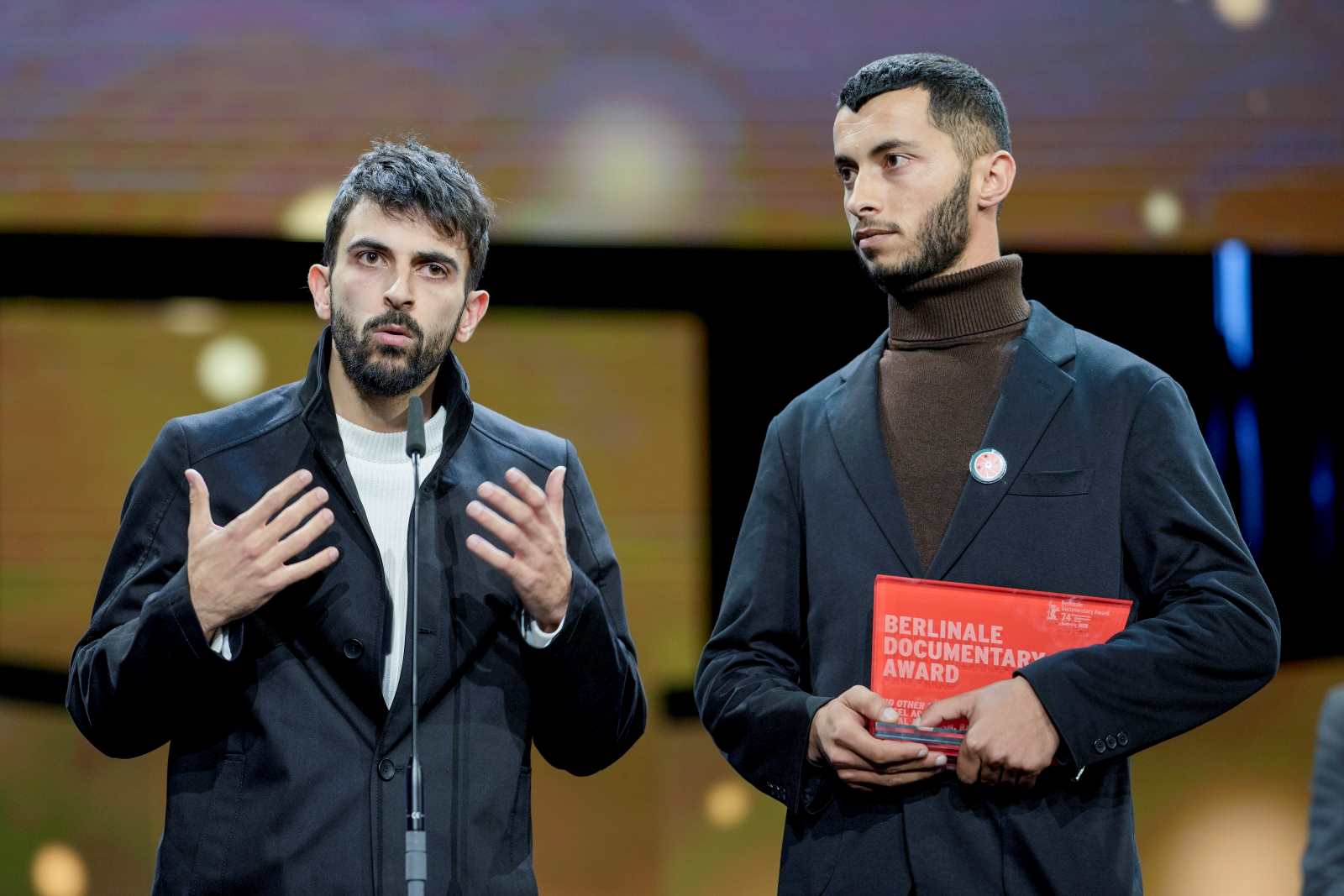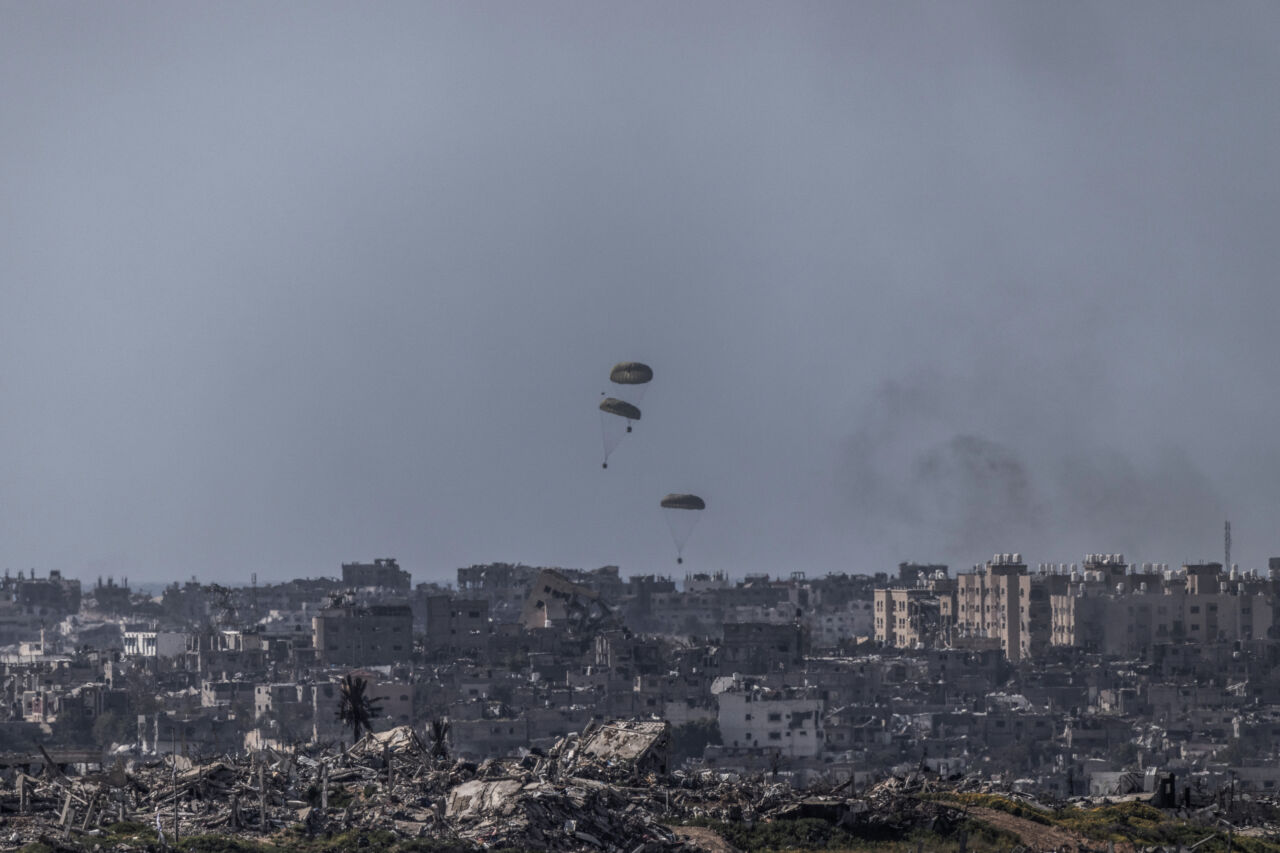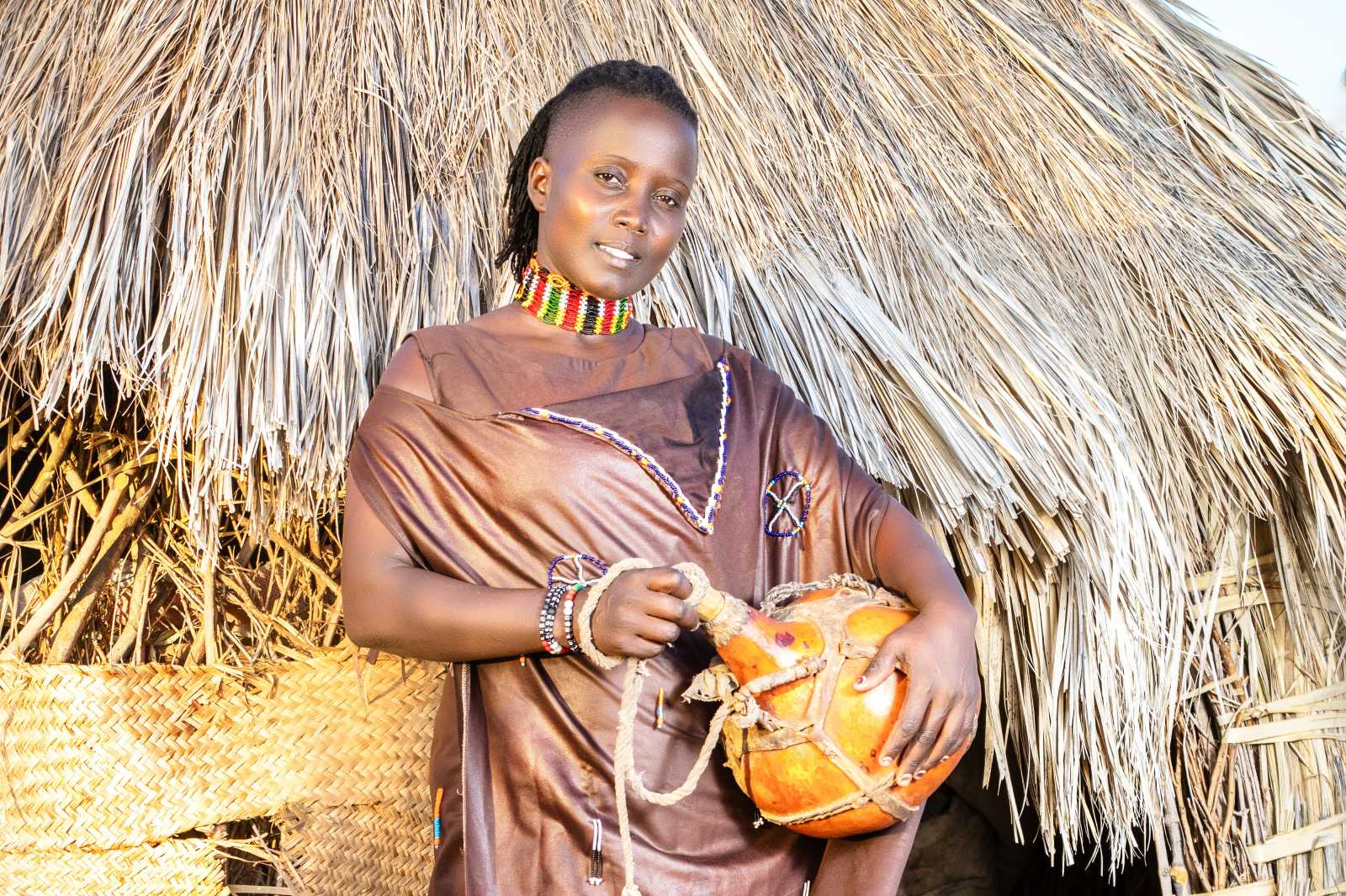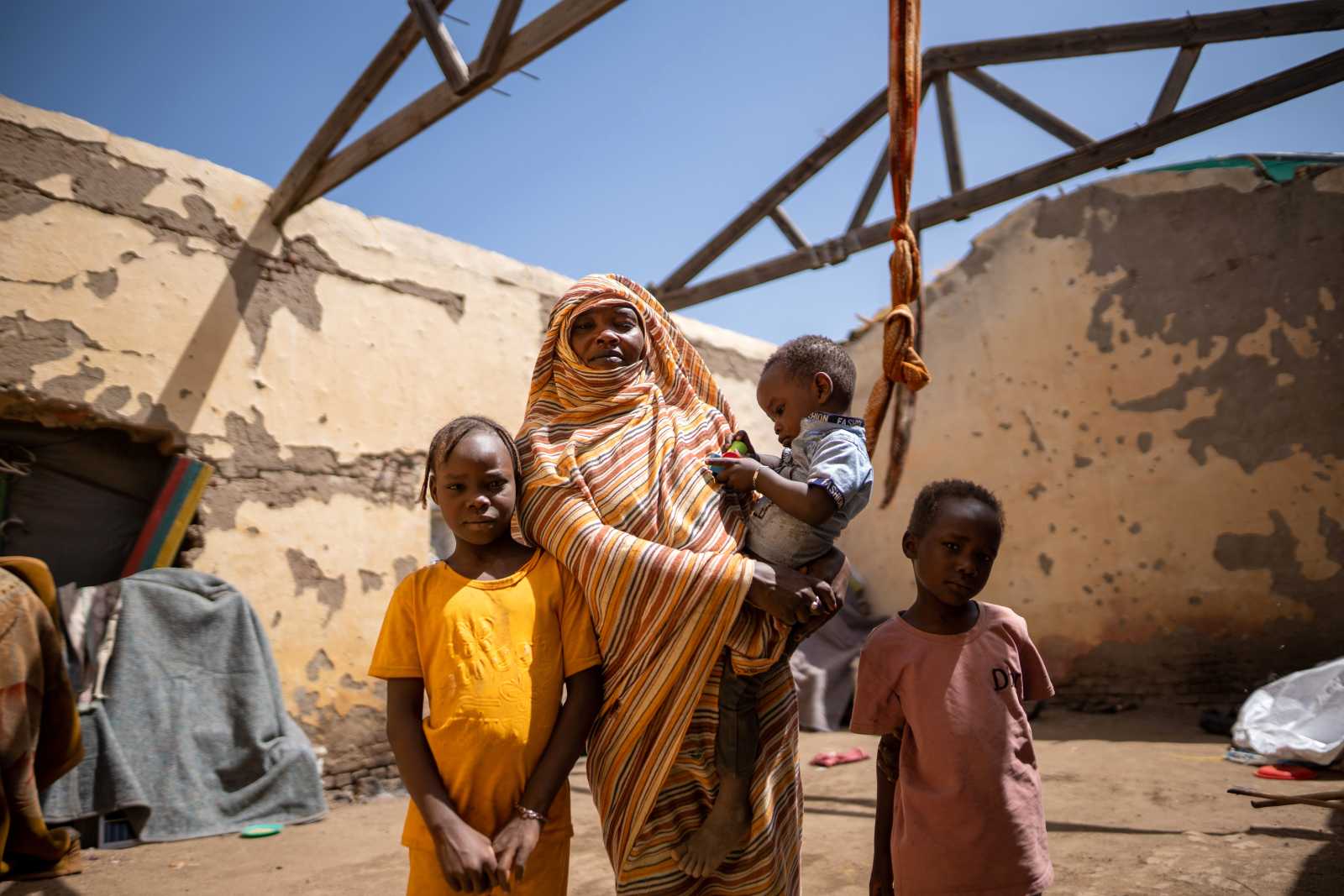Gaza
Only very limited food supplies reach the people in need
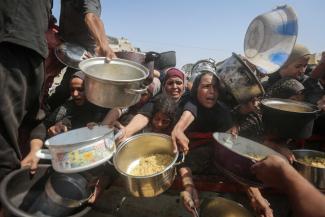
The current operational environment in Gaza remains extremely challenging. The UN has enough food in the region or en route to feed the entire Gaza population for at least three months. However, access constraints have meant that at least 14,000 tons of food aid were offloaded by hungry crowds before they reached the warehouses. The supplies had been procured through the UN-coordinated aid mechanism and collected from border crossings in July.
The UN estimates that more than 62,000 tonnes of food are required each month to cover basic humanitarian needs. However, the food assistance that has entered Gaza in the months of June and July was less than a quarter of that minimum amount.
The UN has repeatedly spoken out about and documented the myriad access constraints they face, including the closure of all but one border crossing, long delays in obtaining Israeli clearances and the limited number of designated safe routes for humanitarian convoys. These are not just statements. They are backed by video footage and first-hand reporting that show the conditions UN convoys face when trying to transport supplies. Even where routes exist, they are often overcrowded due to repeated displacement orders and delays at Israeli checkpoints. This exposes convoys to large crowds of people who, pushed to the brink of starvation, wait desperately for aid trucks in the hope of securing any food they can find.
Urgently needed relief supplies are stuck
CARE continues to provide lifesaving assistance through its primary healthcare centre in Deir Al-Balah and by trucking water to communities with little to no access. However, since 2 March, when Israel imposed an 11-week total siege before reopening a single border crossing with strict controls over what goods can enter and when, we have been unable to bring in any supplies. This includes desperately needed medicines, baby kits, hygiene kits and food packages, which remain stuck in warehouses in the West Bank, Jordan and Egypt.
In July, we were forced to close our clinic for a period of one week due to displacement orders in surrounding areas, impacting most of our staff as well as our office and guest house. We were forced to stop distributions until August due to extremely limited supplies. Recently, UNICEF has provided us with limited supplies of nutritional supplements such as high energy biscuits and ready-to-use complementary foods. This has allowed us to resume distributions to women with a lower middle-upper arm circumference who are at risk of adverse birth outcomes. Those nutritional supplements are what many women and children are surviving on at this time when people cannot even access cash to buy food from the market, which, when found, is being sold at unaffordable prices.
Stocks are exhausted
The UN highlights supply shortages as one of the challenges to sustaining nutrition support. As of 2 August, supplies for the blanket supplementary feeding programme have been completely depleted inside Gaza. Current insecurity makes it impossible to collect prevention supplies from crossings and distribute them across Gaza at the scale that would be needed to cover all children under five and pregnant and breastfeeding women
CARE condemns Hamas’ brutal attack on Israel and calls for the release of all hostages. We also continue to call for the opening of all land crossings, the full and sustained flow of food, clean water, medical supplies, shelter items and fuel through a principled and coordinated UN-led aid mechanism. We also call for an end to the siege, and an immediate and lasting ceasefire. Without this, humanitarian access will remain a challenge in this highly volatile and unsafe environment, where starvation, desperation and almost two years of daily killing and destruction are leading to a breakdown of any semblance of public order and safety.
Jolien Veldwijk is CARE International’s Country Director in Palestine (Gaza and Westbank).
medien@care.de

